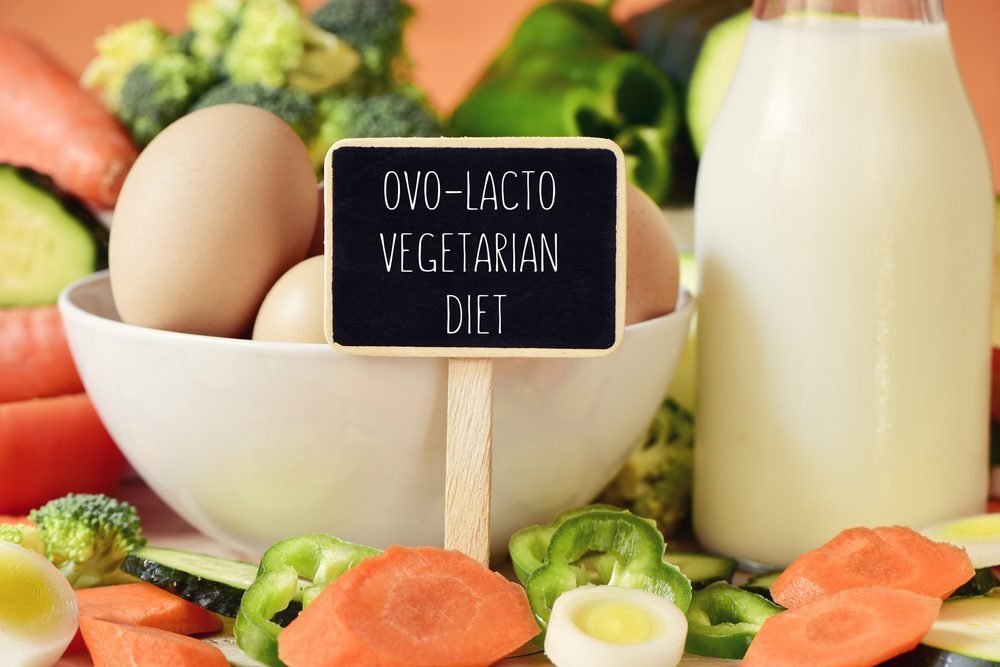Lacto-Ovo Vegetarians belong to such a differentiated group. Although for a layman, they take on the well-known role of the healthy vegetarian. Before knowing about Lacto Ovo vegetarian, one needs to know about vegetarianism.
So, what is vegetarianism?
To make clear the differences from a Lacto Ovo vegetarian to a vegetarian, the term vegetarianism must first be explained. Vegetarianism is not the simple renunciation of living beings. There is much more behind philosophy. A strict vegetarian not only refuses to eat meat and fish but also various cheeses, baked goods, and even clear juices are taboo for many vegetarians. Either because animal rennet or gelatin are contained or are used for production.
What is Ovo-lacto Vegetarianism?
Lacto Ovo or Ovo-Lacto vegetarians are not quite as strict in their lifestyle. They also include bird eggs, egg products, milk, and dairy products in their diets, including baked goods, for example. An Ovo Lacto vegetarian is often considered a typical vegetarian by people unfamiliar with the subject of vegetarianism. A misconception shared by a large part of the world population.
Where does the term Lacto Ovo Vegetarian come from?
The term Lacto-Ovo Vegetarian is composed of the Latin word Ovum for egg and an abbreviation for lactose.
The Benefits of their Diet
Strict vegetarians and vegans can suffer from vitamin B12 deficiency. This occurs when a person does not take the vitamin for years. Since vitamin B12 is involved in blood formation and cell division, it is extremely important for our body. In nature, however, this special vitamin is only available in animal products like meat, milk, eggs. As a result, vitamin B12 deficiency is much rarer or never present in ovo-lacto vegetarians. In the meantime, however, there are also enough vegan foods, which contain vitamin B12 as an additive.
Do Lacto Ovo vegetarians live healthier?
For a healthy diet, nutritionists recommend varied mixed foods, which also includes meat. However, it should not be forgotten that the recommended amount of meat and fish that should be consumed in a week is around half of what the ordinary people consume. Experts per week recommend a maximum of 600 grams of fish and meat. However, only the consumption of meat was, on average, just under 1.2 kilograms. The trend is increasing. Ovo-Lacto-Vegetarians are much closer to the recommendation of science with their varied diet.
Does Lacto-Ovo Vegetarianism have drawbacks?
Not eating meat, but not giving up animal products, has been confirmed in several studies as a very healthy way of living. Deficiency symptoms do not occur, and the examination of nutrition and food makes both Lacto-Ovo Vegetarians as well as other vegetarians and vegans more aware of these topics. This is very important for a healthy diet. According to numerous studies, Lacto-Ovo vegetarians are leaner and suffer less from high blood pressure, diabetes, and gout. Accordingly, there do not seem to be any disadvantages of this way of life.
